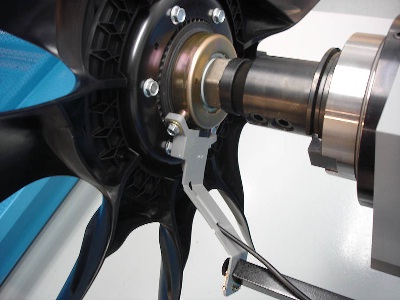A linear magnetic hall sensor or hall-effect sensor is a module named after the physicist Edwin Herbert Hall who discovered the Hall-effect phenomenon. So this sensor detects the magnetic field strength by producing a voltage across a conductor whenever a current is supplied throughout it while arranged in a magnetic field. So it converts the magnetic field strength essentially into an electrical signal. Thus, the examples of linear magnetic hall sensors are KY-024, 49E, A3144, KY-035, etc. This … [Read more...]
What is Hall Effect : Working & Its Experiment
Hall Effect is a technique of the measurement of the voltage that is transverse. It was proposed by Edwin Hall in the year 1879. The purpose of this effect is to study the behavior of the current carried in the respective conductors present in the circuits. It is also used in various application sensors such as pressure sensors, current sensors, etc… For the measurement of the intensity of the magnetic field in the circuit, hall effect sensors are utilized. The measurement of this magnetic fi … [Read more...]

